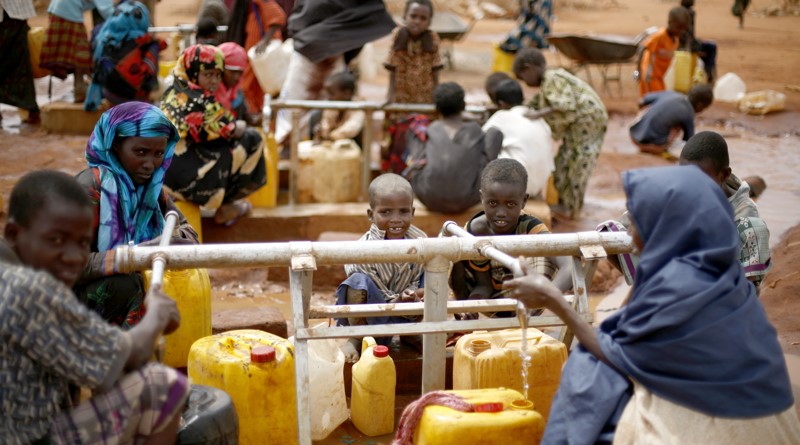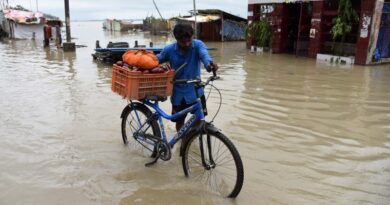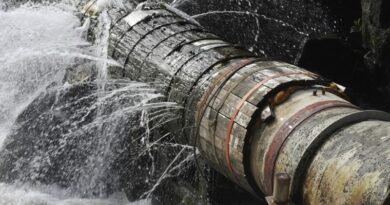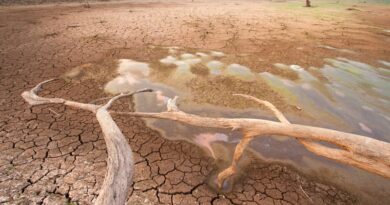Investment in WASH sector needs scaling; African children worst hit: Unicef

The UNICEF has called for scaling up of investment in the water, sanitation and hygiene (WASH) sector, including global climate financing, stating that as many as 1000 children under the age of five die every day across the world due to poort WASF facilities. Africa remains the worst hit by water-related crises.
Globally, 600 million children still lack safely managed drinking water, 1.1 billion lack safely managed sanitation and 689 million lack basic hygiene service, 149 million children still face the indignity of practising open defecation. Unsafe water, sanitation and hygiene (WASH) is still responsible for the deaths of around 1,000 children under 5 every day, it said in a recent note in advance of the 2023 United Nations Water Conference.
The challenge of extending WASH services to children in need is further compounded by water scarcity, floods and cyclones – all exacerbated by the climate crisis.
It is estimated that three times the current investment – at least $114 billion per year – is needed in developing countries to meet the WASH-related SDG targets by 2030, the note said.
The note examines the ‘triple burden’ of WASH-related threats facing children at the intersection of access to WASH services, the burden of WASH-related diseases, and climate threats. “Through examining the burden of disease from unsafe WASH, we see where the problem is greatest. Through examining access to water and sanitation services, we see where investment is the lowest. Through examining climate threats, we see which countries face the greatest risk to both health and services for children”, the note said.
Ten countries alone – with a combined population of over 190 million children and all in sub-Saharan Africa – face this triple burden. Around two out of five deaths from unsafe WASH are concentrated in these countries.
UNICEF has called on governments and partners to strengthen resilience in the WASH sector and communities and ensure that “no one is left behind”. It suggested an increase in effective and accountable coordination and capacities to provide water and sanitation services. Implement the UN-Water SDG 6 Global Acceleration Framework and invest in the key accelerators, the noted added.
The triple burden is defined in this brief as: less than 50 per cent access to at least basic water or sanitation services; within the top 20 countries with the highest burden of deaths attributable to unsafe WASH among children under five; and within the top 25 per cent of countries facing the highest risk of climate and environmental hazards in UNICEF’s Children’s Climate Risk Index (CCRI).
The UNICEF analysis said 190 million children in faced acute threat in Benin, Burkina Faso, Cameroon, Chad, Côte d’Ivoire, Guinea, Mali, Niger, Nigeria, and Somalia, making West and Central Africa one of the world’s most water-insecure and climate-impacted regions.
Many of the worst-affected countries, particularly in the Sahel, are also facing instability and armed conflict, further aggravating children’s access to clean water and sanitation.
“Africa is facing a water catastrophe. While climate and water-related shocks are escalating globally, nowhere else in the world do the risks compound as severely for children,” said UNICEF Director of Programmes Sanjay Wijesekera.
“Devastating storms, floods, and historic droughts are already destroying facilities and homes, contaminating water resources, creating hunger crises, and spreading disease. But as challenging as the current conditions are, without urgent action, the future could be much more bleak.”



